When love is suppressed hate takes it's place
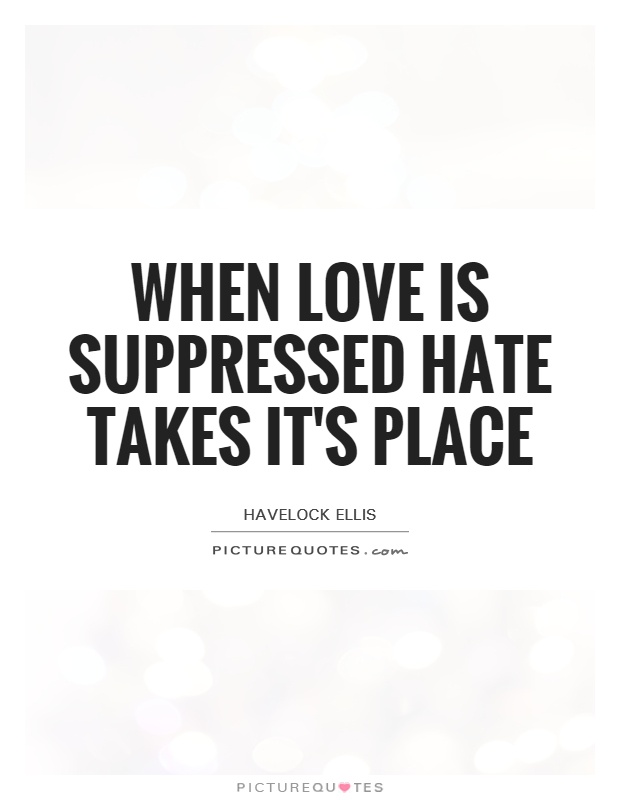
When love is suppressed hate takes it's place
Havelock Ellis, a renowned psychologist and sexologist, was a firm believer in the power of love and its ability to transform individuals and society as a whole. He understood that love was a fundamental human need and that when it is suppressed or denied, it can lead to destructive emotions such as hate.Ellis believed that love was essential for human growth and development, and that without it, individuals would struggle to find meaning and fulfillment in their lives. He argued that when love is suppressed, either through societal norms or personal inhibitions, it can manifest as hate towards oneself and others.
In his work, Ellis explored the connection between love and hate, and how the suppression of one can lead to the emergence of the other. He believed that when individuals are unable to express their love freely, they may turn to hate as a way to cope with their unmet emotional needs. This can result in destructive behaviors and attitudes towards themselves and others.
Ellis also recognized that societal attitudes towards love and sexuality played a significant role in the development of hate. He argued that when love is stigmatized or repressed, individuals may internalize these negative beliefs and turn them into self-hatred. This can then be projected onto others, leading to feelings of resentment, anger, and hostility.
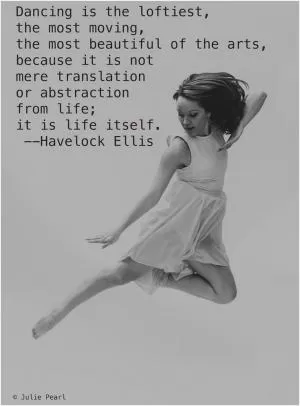



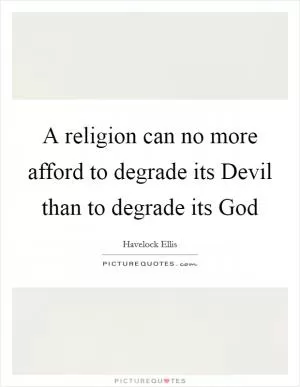


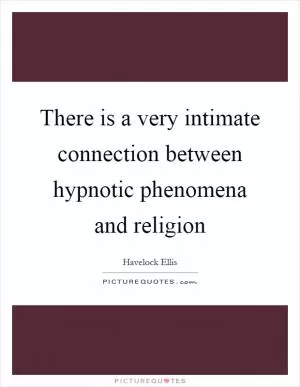
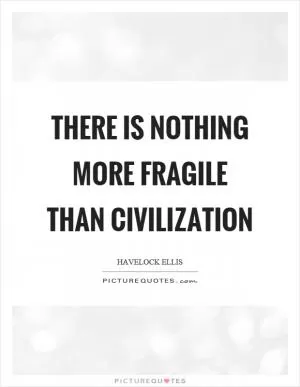
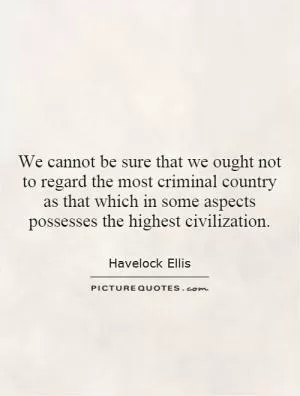
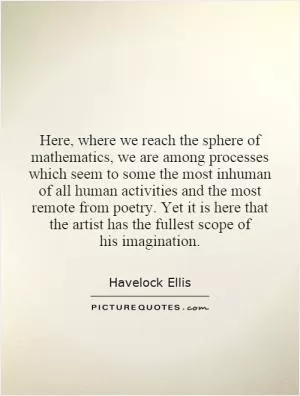

 Friendship Quotes
Friendship Quotes Love Quotes
Love Quotes Life Quotes
Life Quotes Funny Quotes
Funny Quotes Motivational Quotes
Motivational Quotes Inspirational Quotes
Inspirational Quotes